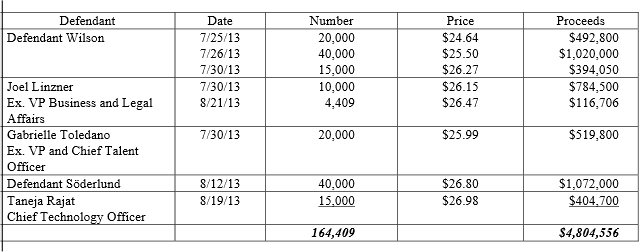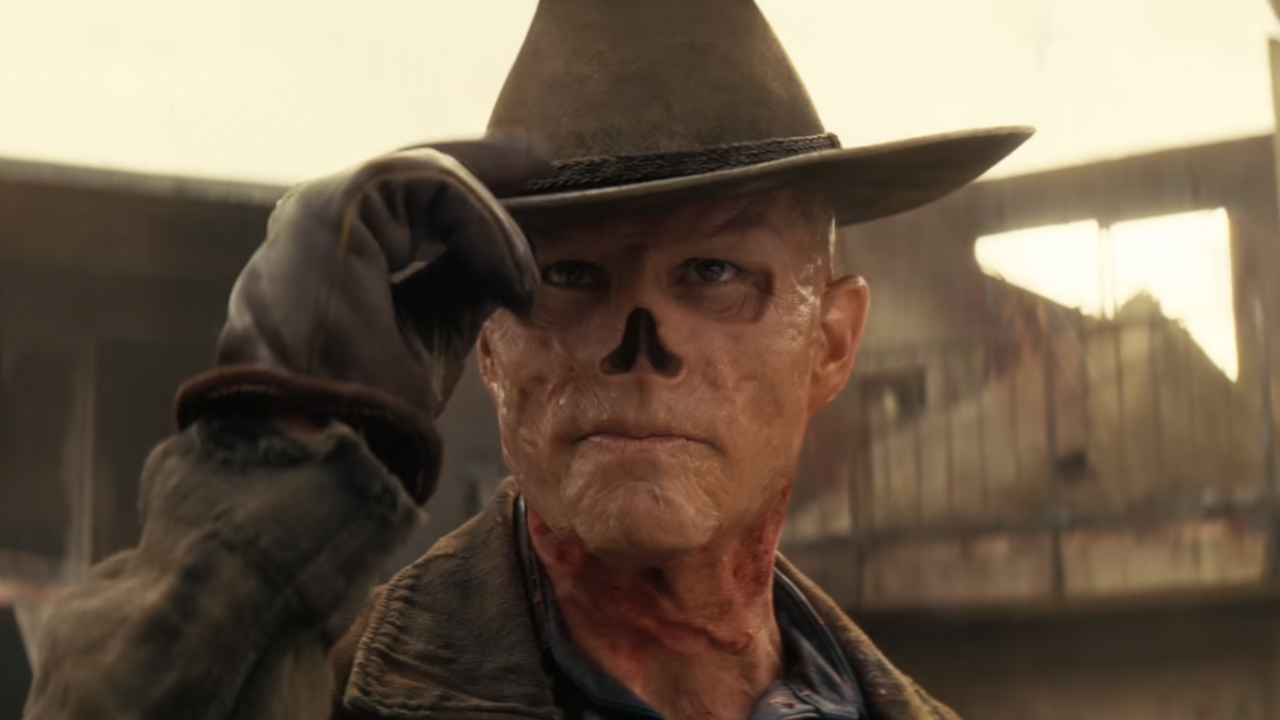EA Execs Cashed Out $13.2 Million In Stock Ahead Of Battlefield 4's Buggy Release, States Lawsuit

This whole lawsuit deal seems to have picked up traction and moved in a direction the higher-ups at EA probably didn't see coming. Following up on the first two initial lawsuits prepping to get into motion, new information has surfaced from one of the suits, where it alleges that EA executives cashed out a total of $13.2 million in stock ahead of the release of Battlefield 4, using the game's hype and marketing momentum from artificially inflated stock prices to make a quick buck before the buggy release of the game came crashing down around their ears.
Gamespot added a small but vastly significant piece of information that not only adds merit to the lawsuit, but puts Electronic Arts and their execs under a very bad spotlight.
Linked in the update is a PDF file you can view that explicitly hammers out some unflattering information regarding Electronic Arts and the stocked they cashed out on leading up to the release of Battlefield 4, before all the news broke about the game's bugs and the fact that some revenue would be halted due to a delay in the release of the DLC to fix the bugs.
As noted in the legal complaint...
“...with the price of the Company’ s stock artificially inflated based on defendants’ false and misleading statements, certain of Electronic Arts’ senior executives cashed in, selling more than $13.2 million of stock at fraud-inflated prices”
While the investors don't care about whether or not the game works, they do care if a game is making money and if it's boosting a company's portfolio on the market to make them money. In this case, stockholders feel EA cheated the system by artificially inflating the price of their stock by using the hype surrounding Battlefield 4 to get the price high enough to cash out while other investors saw the shares drop significantly following the games rocky launch.
As showcased in the image within the PDF document, the following Electronic Arts executives cashed out the following amounts:

EA has been running damage control on the game since it released, and even more-so now that the lawsuits are beginning to gain traction. One employee explained why the game is so buggy and pointed to the switch from Frostbite 2 to Frostbite 3, with PCG Media grabbing Swedish gaming site fz.se, where one user who claimed to be an employee at DICE stated the following...
Your Daily Blend of Entertainment News
“When a code that’s not “thread-safe” executes on multiple sources, it’s a coincidence if it works or if it crashes. All the codes become “timing dependant” and different hardware combined with different background processes and OS’s, have different timing. ““Unfortunately, if you have a certain CPU and you run a certain OS and at the same time you run a certain background process, you could get “bad timing” more often than other people, Timing that will cause the game to crash or other bugs.”
A former DICE employee came to the development team's defense, noting that had DICE more time to work on the game and iron out these issues, there wouldn't be so much of a fallout from the game's release, and he alludes to EA's rushed release schedule for causing the game to crash as often as it does.
However, law firms don't care about a game crashing and bugging out, they also don't care about DLC or performance... they only care about how the game reflects its market value to stockholders.
Gameranx picked up quotes from Alex Tutty, a member of the UK law firm Sheridan, who told The Guardian...
“This is a problematic case, and it doesn't look good for EA, simply from a PR point of view. Looking at the fact as presented by Robbins, Geller, Rudman and Dowd, there does seem to be a case to answer.“EA can probably produce a lot of evidence to suggest they didn't perceive the extent of the problem, or didn't have sight of it until after launch.""The firm obviously believes there is a case to answer, and in order to take it forward they need to find a plaintiff – someone who has suffered financial harm in this period due to purchasing shares on the basis of the statements made."
The thing that Tutty is forgetting is that EA ran a beta prior to the game's launch. A lot of the problems outlined in the beta – as even our own Ryan Winslett participated – didn't go away when the game launched. In essence, the feedback and data (and user videos) prior to release would still show that the game was broke before and after launch... if anyone bothered to check, of course.
If EA is found guilty on charges of fraud and stock price inflation, it could be “Good Game” and “Game Over”. I guess we'll have to see how the two-time running Worst Company in America fares during this turbulent time.
Staff Writer at CinemaBlend.

